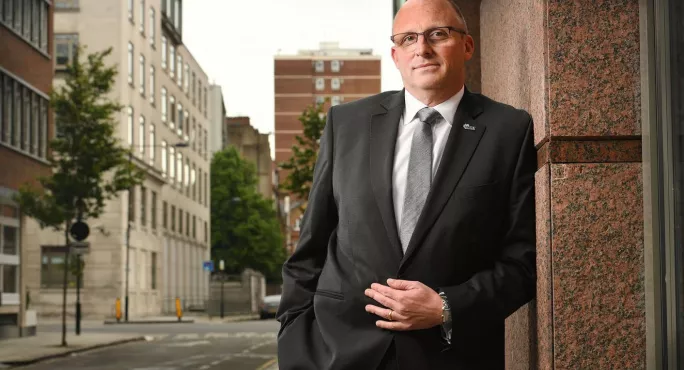The Department for Education was “too slow” to respond to rising Covid cases in schools last year and must act more rapidly this term, school leaders are warning.
They say “poor quality and inadequate guidance” on Covid safety remains a major concern, as millions of pupils return to school for the new academic year with fewer Covid restrictions in place than last term.
Paul Whiteman, general secretary of the NAHT school leaders’ union, said it is essential the government acts quickly to put in place more safety measures if necessary.
Covid guidance: Schools do not need to keep bubbles
Warning: Ending school bubbles and isolation ‘will be dangerous’
Ventilation: DfE giving carbon-dioxide monitors to schools
Schools no longer have to operate bubbles, and close contacts of Covid cases will be asked to take a PCR test rather than being expected to self-isolate.
Mr Whiteman said: “School leaders and their teams are really looking forward to welcoming pupils back this week, having worked hard over the summer to create a safe and happy environment for learning.
Covid: Fears that return to school will mean a rise in cases
“Following changes to government guidance, schools will be operating very differently from last term.
“Yet the warnings from scientists about a potential rise in cases when schools return mean that it is essential the government responds rapidly should the data suggest it is necessary to implement additional safety measures in schools. In the past the response has simply been too slow - we must not see a return of that this year.
“School leaders will continue to work extremely hard to keep schools as safe as possible, but they will need support and clear direction from central government and local public health teams to do so. Poor quality and inadequate guidance remains a major concern for school leaders.
The government has been told by its own scientific advisers to prepare for a “high prevalence” of coronavirus in schools by the end of September.
And the DfE is under pressure to provide more support to schools to manage Covid.
The government has announced that schools will be given carbon-dioxide monitors to identify whether areas of the school need better ventilation. But Mr Whiteman has said this will need to be followed up with financial support.
The union leader added: “We continue to call on government to be more proactive when it comes to practical safety measures such as ventilation. Up to now that is best summed up as ‘open a window’ and ‘work outside where you can’, but that won’t be practical as it gets colder.
“CO2 monitors are a step in the right direction but we need them to be in schools now, not in warehouses awaiting delivery. With the recommendation from JVCI [the Joint Committee on Vaccination and Immunisation] not to vaccinate all younger teens, ventilation continues to be a critical part of schools’ efforts to maintain a safe working and learning environment.
“The government must do more to ensure that any school looking to improve ventilation is given the financial support to make the necessary improvements or repairs immediately.”
A Department for Education spokesperson said: “Ventilation is just one measure we are advising schools to take, alongside on-site testing and increased hygiene, to strike the balance between keeping staff, students and families safe and minimising disruption to education.
“Schools have clear guidance on how to maintain good ventilation and keep classes warm enough, and the 300,000 carbon-dioxide monitors we are providing - backed by £25 million - will begin rolling out from next week, giving schools another tool in their arsenal to keep the virus out of classrooms.
“There will be no lessons taking place outside in the rain, but clear and proportionate contingency measures are in place if schools do see an increase in cases.”

